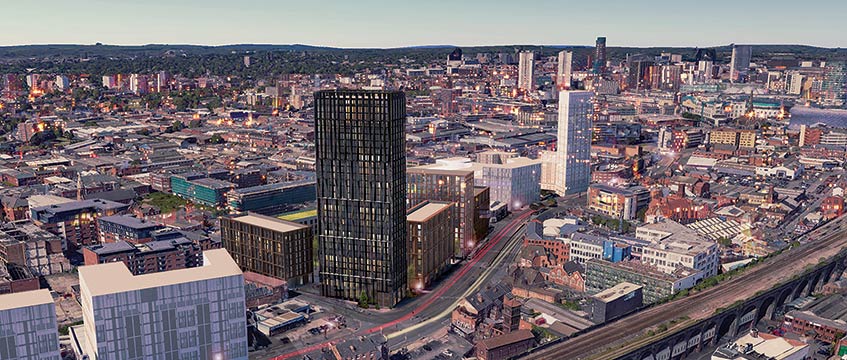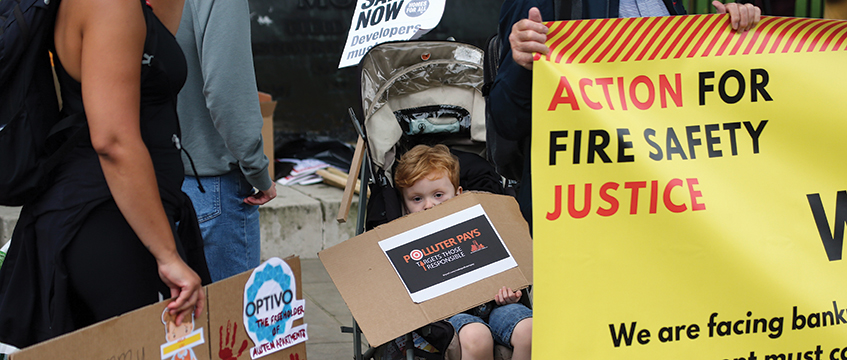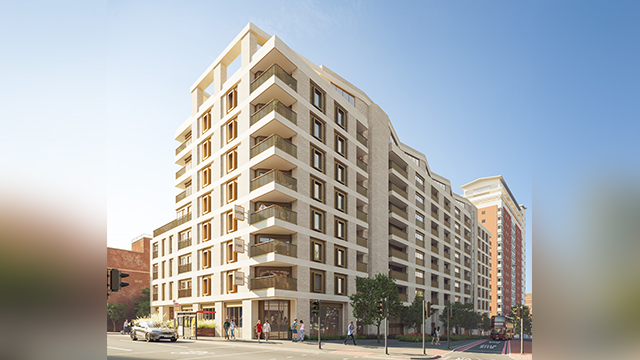Despite zero capital growth, property was best-performing asset last year, says IPD’s Annual Index
Mark Cooper
Property’s performance slumped further last year with zero capital growth and little capital growth, but it still remained thebest-performing asset class.
The Investment Property Databank’s Annual Index 2001 showed property producing a total return from standing investments of 6.7%, a drop of almost four percentage points from 10.5% in 2000, which itself was a fall from 14.7% in 1999. Including the effects of active management, property returns were 7%.
However, property clearly outperformed equities and gilts for the second year running. Equities (the FTSE All-Share index) fell 13.2% last year, while gilts rose only 1.3%.
Property returns were hit by the absence of capital growth, owing to overall rental growth slipping from 7.1% to 3.6% and the all property equivalent yield edging up 24 basis points to 7.9%.
Ian Cullen, joint managing director of IPD, said the slump in sector performance was due to the general economic slowdown. But he said that low interest rates had buoyed up the sector.
“Interest rates came down fast and have so far stayed down, which has kept debt-backed buyers in the market, and which has prevented any slide in capital growth.”And the sectors’ performance had begun to converge again. “In 2000, the poor performance of retail property dragged the results down, but this year there is fewer than 30 basis points difference between the best- and worst- performing sectors,” he added.
Retail property was again the worst performer, producing a total return of 5.5%, although this was only one percentage point down from the previous year. The income return of 6.2% was actually a slight (10 basis points) improvement on 2000, but capital values fell by 0.7%.
Small shops showed the greatest fall in capital values, as institutions sold out of them, said Cullen. However, central London retail seemed unaffected and capital values rose slightly, he said.
“There was net disinvestment of £1.2bn in the retail sector,” said Cullen. “Institutions have been selling, largely to private property companies and investors.”
Industrials were again the best performers, with a total return of 8.2%, 7.8% of which came from the sector’s historically strong income return.
Office returns halved from 15.5% to 7.6% in 2001, reflecting a sharp slowdown in rental value growth and a faster rise in yields. Central London was still the best-performing office market with total returns of 9.5%.
“While there have been headlines about drops in headline West End rents, this seems to be just a case of the froth coming off the top of the market,” said Cullen.
The picture for 2002 looks broadly similar to 2001, according to Cullen.
“I can’t see anything dramatic happening this year. The UK seems to have avoided the recession that has hit the US and Germany, so it’s just a case of waiting for the recovery.
“There is still clear water between interest rates and property yields, which will keep the investment market active.”
However, he said that consumer confidence, which had remained strong in 2001, was delicately balanced. “It would take much to make people decide to cut back their spending in the case of any political or economic upset,” he said.
The IPD’s thoughts broadly match the predictions of property advisers, fund managers and equity brokers revealed in the Investment Property Forum’s last consensus forecast (EG, 23 February, p52). It believed total returns will rise marginally to 7.8% this year and improve again to 9.8% in 2003.
|
Returns compared |
|
The performance of all three assets have fallen, but property is the least affected |
|
Source: IPD |
|
Sector total returns |
|
Capital growth was zero overall |
|
Source: IPD |
|
Falling equities keep institutions out of property |
|
There was a particularly noticeable lack of net investment in property last year. In 2000, more than £6bn of new money came into the sector but that plummeted to £335m in 2001. “The 2001 net investment figure is as good as nothing in the context of the size of the market and is only a 10th of the long-term average,” said Ian Cullen, joint managing director of IPD. The fall was due to institutional reluctance to put new money into property. Falling equity prices have forced fund managers to keep buying in order to keep up the preset weighting towards equities. As a consequence, property – despite being the best-performing asset class – lies moribund. While institutions are not selling out of property, and indeed most remain overweight, fund managers are having to sell in order to buy, said Cullen. “There has been a lot of talk about looking again at the relative weightings in the light of the relative performance of property and equities, but that has not happened,” he said. “There is the possibility that it could happen this year, when the funds take their annual look at asset allocation, but you can’t be sure. “If the economy looks to be on the up again, then institutions will pile into equities because no-one wants to be the one who misses the upswing.” |










